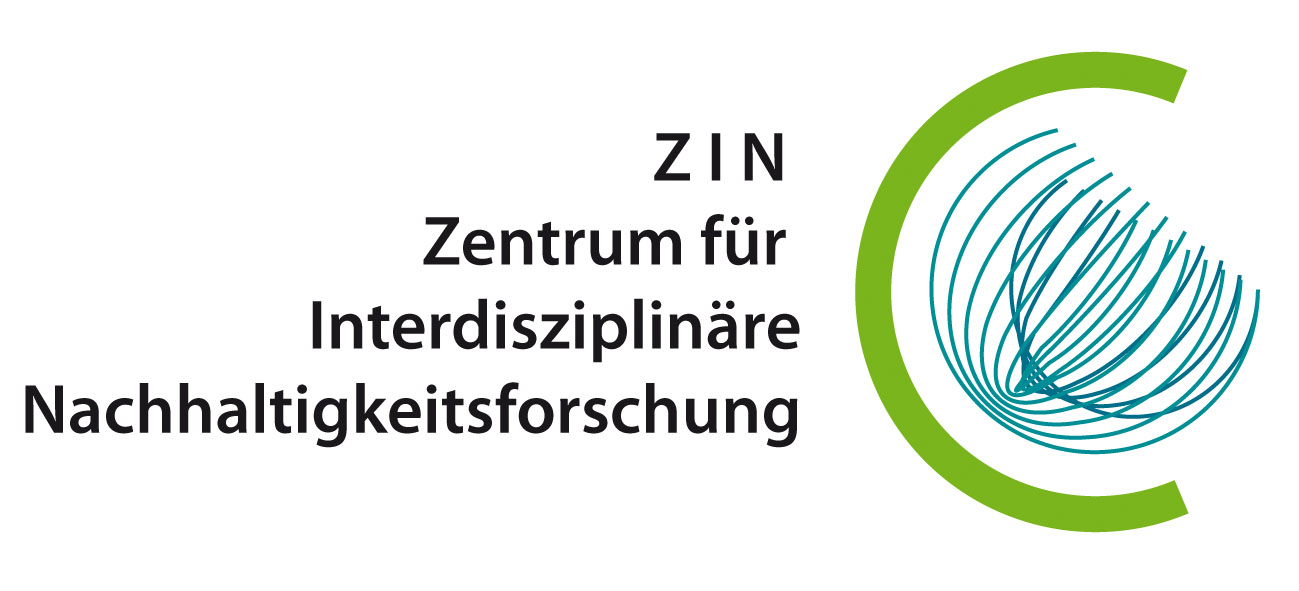4. Termin der “ZIN-Brown Bag Lectures”: „Diverse Lifestyles, Work, and Livelihoods”
Am Donnerstag, den 06.06. ab 12:15 Uhr halten die Politikwissenschaftlerinnen Dr’in Pia Mamut und Lea Becker sowie Wirtschaftsinformatiker Prof. Tobias Brandt im Rahmen der „ZIN-Brown Bag Lectures“ Kurzvorträge zum Oberthema „Diverse Lifestyles, Work, and Livelihoods“.
Worum geht es in den einzelnen Vorträgen? Das können Sie diesen Abstracts entnehmen:
- “Diverse Lifestyles, Work, and Livelihoods: Shared responsibility for 1.5°C lifestyles” (Dr’in Pia Mamut, Lea Becker): In order to shift to 1.5° lifestyles, i.e. radically sustainable and inherently diverse lifestyles that enable societies to achieve or come close to the climate goal of the Paris Agreement, we need to better understand the complex relationship between 1.5° lifestyles and their structural preconditions as well as the associated responsibilities or attributions of responsibility. In the past, policies have often encouraged personal behavioural change and thus individual responsibility without sufficient consideration of the structural contextual conditions. Conversely, many social actors and citizens see "the politicians in Berlin" as being responsible for shaping the relevant framework conditions. The latter, in turn, often seems to lack the democratic legitimisation to create such framework conditions. This complex web of reciprocal attributions of responsibility increasingly leads to ineffective political strategies and ultimately to a collective flight from responsibility. This presentation aims to shed light on the complex relationship between 1.5° lifestyles and their structural barriers and potentials, drawing on research findings from the EU1.5° Lifestyles project. The presentation emphasises the importance of individual and collective efforts to overcome structural barriers to 1.5° lifestyles and argues for a balanced approach that requires a shared responsibility of all societal actors.
- “Diverse work in the digital economy” (Prof. Tobias Brandt): In this talk, I will touch upon some critical issues surrounding how the digital age is transforming our understanding of work and employment. Fundamentally, the digital economy is characterized by a boost in entrepreneurship and the simultaneous emergence of a handful of dominating tech giants. At the same time, digital technologies have loosened the grasp of time and place on how, when, and where we work. Collectively, these phenomena have challenged the classical notion of (self-)employment and work, giving rise to a multitude of diverse work identities and realities, such as digital nomads, influencer, and gig worker.

